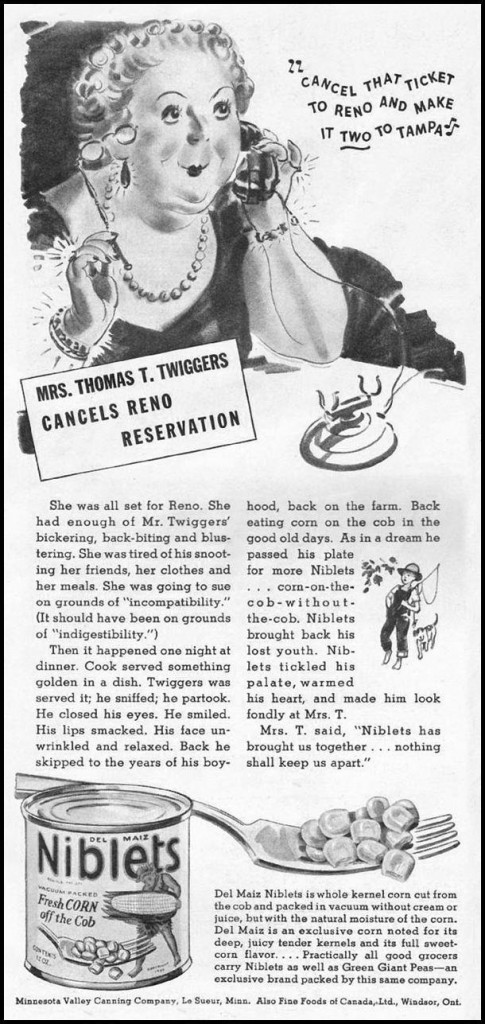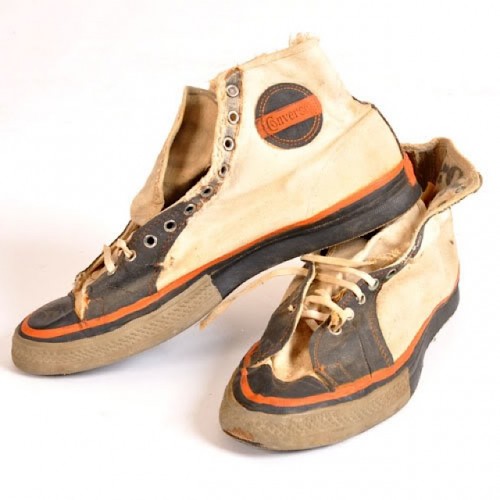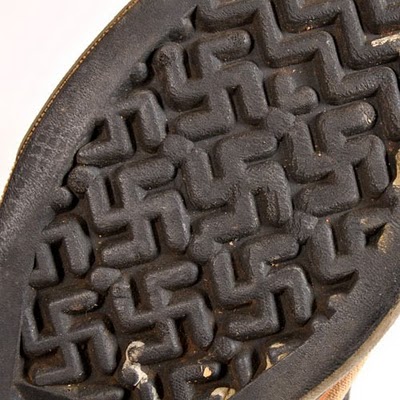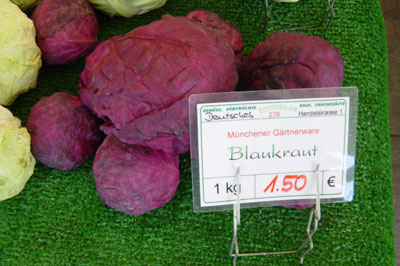Cross-posted at Jezebel.
Sarah P. sent in this stunning video, from the the Wall Street Journal, about how to advise women about investing. The video has a simple message:
Women are women. They’re weird and need their weirdness to be attended to. But they don’t want to think that you’re treating them like women. They want to think that you’re treating them like human beings (whatevs!). So, whatever you do, never let them know that you’re treating them like women. If you do this, you will make gazillions off of them. Go forth!
The video after a short commercial (selected transcription below):
Selected transcription:
We all know women can be a little difficult… no one wants to feel that they are… being treated differently from the men, so what can advisers do to try to connect with women and keep from following that stigma?
In other words, women are different and also more annoying than real people (e.g., men), so you need to treat them accordingly. But they don’t know that they’re different from real people (they’re “difficult,” after all), so you have to work around that.
First… you can’t approach women as women… don’t treat her like a lady, treat her like a person… women need more time, they ask more questions… get to know what motivates her… if you connect with her on that level, not on the basis of her gender, that’s the first mistake most advisers make…
In other words, pretend like you’re treating her like an individual, but know that what you’re really dealing with is a creature named W.O.M.A.N.
Second… she’s gonna triangulate, women seek many sources of opinions… just know she’s gonna do that, why don’t you play along… give her other sources of information that augment the advice that you’re giving her… that’s a good way to play to women’s natural ability and need to triangulate on advice that they’re getting. She’s gonna do it anyway, put that to your advantage.
In other words, the goal here is to manipulate her essential woman-ness to your advantage. Don’t actually help her learn more about investing, just feed her information that confirms what you’re telling her. She’ll never know the difference!
Third… be aware and be prepared to invest. It’s gonna take more to serve her… It takes time, she needs education… she’s gonna ask a lot of tough questions… but if you invest that time up front… she’s a better client… what advisers tell me time and time again: women are more fun.
In other words, women are “better clients,” even though they’re a drag because they’re “more fun”! Woo hoo! If women aren’t good for fun, what are they good for!
The conversation just goes on from there… the expert here tries so hard to balance the essentialization of women’s nature and the social construction of gender, but she just really fails because she goes back and forth between both and her interviewer keeps cornering her with questions about how frustrating it is to work with women.
Lisa Wade, PhD is an Associate Professor at Tulane University. She is the author of American Hookup, a book about college sexual culture; a textbook about gender; and a forthcoming introductory text: Terrible Magnificent Sociology. You can follow her on Twitter and Instagram.









